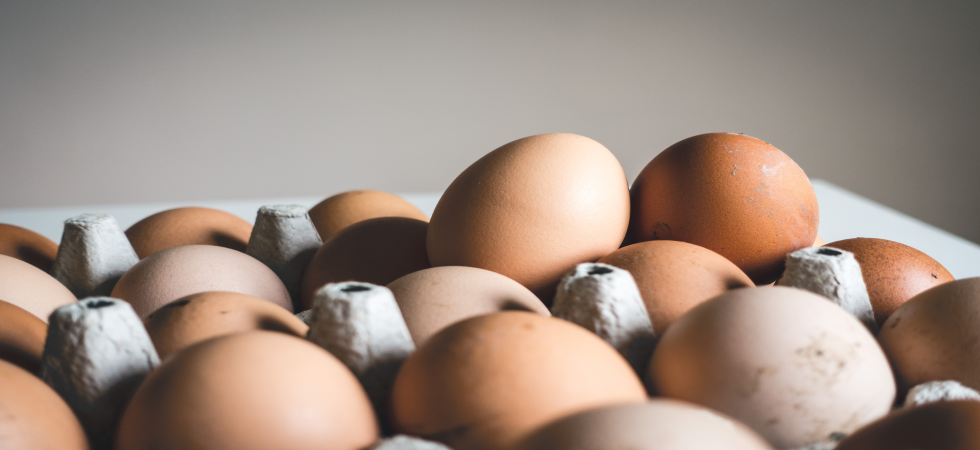Cost-conscious consumers are unintentionally pushing egg prices up to record highs as they trade down from premium protein products to mitigate rising food inflation, according to Rabobank.
The bank’s Global Egg Price Monitor shows prices have more than doubled in the past 12 months. Between Q1 2022 and Q1 2023 prices in the US and EU increased by 155% and 62%, respectively, while in Japan they also reached JPY 235 in March, their highest level since 2003.
Egg prices have historically closely tracked to the FAO’s Food Price Index – a measure of the monthly change in international prices of food commodities.
The war in Ukraine has negatively affected feed and energy costs. The rising cost of living affecting countries dealing with inflation has seen consumers make the decision to trade from more expensive animal protein products like beef to eggs and chicken. Low supplies and rising feed costs has pushed prices up.
The bank forecasts that egg prices will remain elevated throughout 2023 and, though likely to stabilise in 2024, remain higher than pre-2021 levels.
“Egg producers will be shell-shocked“
Nan-Dirk Mulder, a senior animal protein analyst at Rabobank, said: “Egg producers will be shell-shocked by market disruptions in recent years. Surging consumer demand through to higher feed and energy costs and the outbreak of avian influenza has provided a tricky set of challenges for them to navigate.
“We expect the road ahead to be filled with obstacles for producers. The ongoing spread of avian influenza, continued high prices for feed inputs and interest rates rising – stifling working capital access for many – will limit supply. Farmers will be hoping for more co-operation within supply chains and sensible policy-making going forward to limit the ongoing disruption.”









